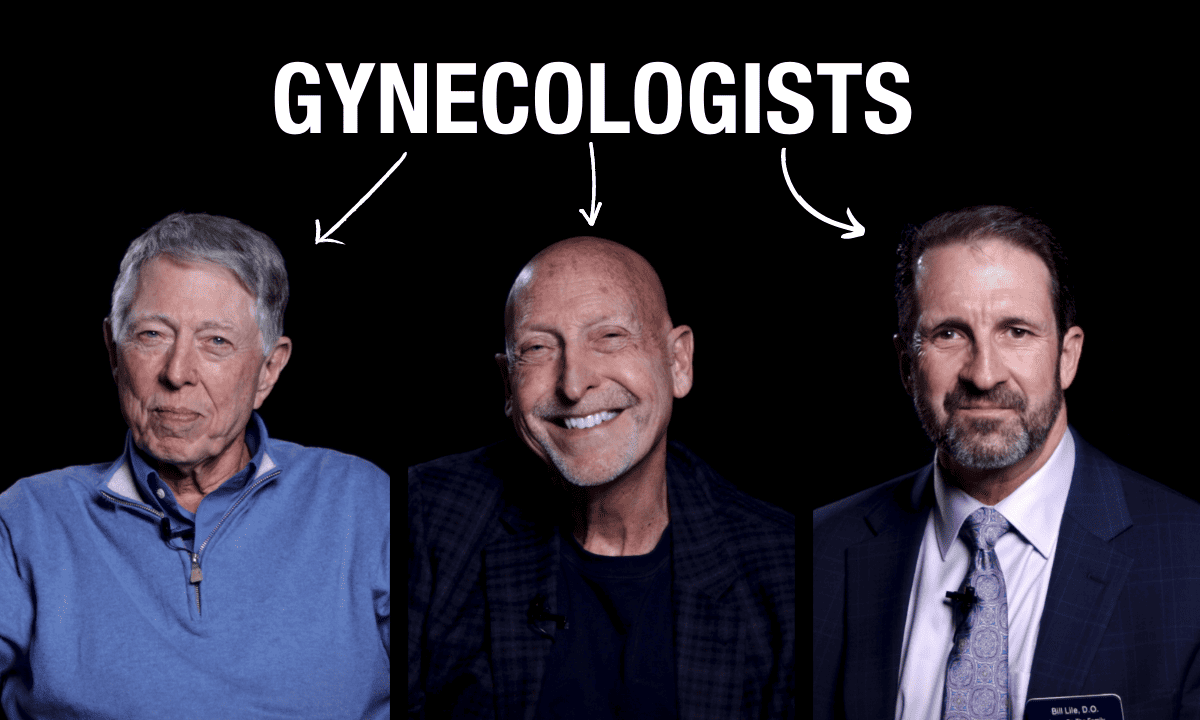“Abortion is healthcare” is a trending claim amid pro-choice culture. The most frequently argued defense of abortion is that, in some instances, abortion might be necessary to save a woman’s life. Oddly, while this is the most common argument, most abortions occur for other reasons. The most common reasons for abortion include:
- Financial Reasons (40%)
- Timing (36%)
- Partner-related reasons (31%)
- A need to focus on the children they already have (29%)
At best, the “medically necessary” argument supports highly-restricted abortion. Furthermore, abortion does little to solve the real problems women face — things like poverty, marital relationships and societal pressures — the actual driving forces behind most abortion decisions.
Do Doctors Think Abortion is Healthcare?
Long before Roe v. Wade, medical professionals were split over whether or not abortion was “good” for their patients. Division over the abortion issue stems from the fact that the procedure promotes the well-being of one patient’s life over another. After all, the success of the abortion procedure is measured by its ability to take a human life. And the result of a failed abortion is an abortion survivor.
In an interview with Focus on the Family, OB-GYNs Dr. McIlhaney, Dr. Hager and Dr. Lile responded to the “abortion is healthcare” claim. Each of these doctors has practiced in gynecology and obstetrics for decades. All three have encountered cases where abortion was suggested as an answer to a severe medical concern on the mother’s behalf.
According to these doctors, abortion is not healthcare. Furthermore, abortions of today are done in a way that violates the basic rights of their patients.
Abortion As Birth Control
One false assumption about abortion is that it’s equivalent to contraception. While the abortion industry considers abortion and birth control methods of family planning, they are not the same.
Contraception prevents pregnancy. Abortion ends a pregnancy.
Encapsulated in every pregnancy is an individual human life. If we believe the claims of our nation’s foundational documents, these lives, despite their location and level of dependency, have unalienable rights that were “endowed by their creator.”
Undoubtedly, if these lives are human and therefore endowed with human rights, then among these is the foundational right to life.
Is Abortion Healthcare?
One of the founding voices of medical ethics, Hippocrates, came up with the Hippocratic Oath. To Hippocrates, being a healthcare provider was a pure and noble practice.
Healthcare was not for quantifying human life but for protecting it.
For this reason, Hippocrates’ outline of a physician’s role covers life-ending procedures. The Oath even mentions several pro-life issues like abortion and assisted suicide.

The Hippocratic Oath
I will give no deadly medicine to any one if asked, nor suggest any such counsel; and in like manner I will not give to a woman a pessary to produce abortion. With purity and with holiness I will pass my life and practice my Art... Into whatever houses I enter, I will go into them for the benefit of the sick, and will abstain from every voluntary act of mischief and corruption; and, further from the seduction of females or males, of freemen and slaves... While I continue to keep this Oath unviolated, may it be granted to me to enjoy life and the practice of the art, respected by all men, in all times! But should I trespass and violate this Oath, may the reverse be my lot!
The Hippocratic Oath
Today, few medical students actually take the Hippocratic Oath. However, the insights of revolutionary practitioners like Hippocrates are a great reminder that healthcare has a two-fold purpose. True healthcare protects the lives of patients and the character of practitioners. Clearly, abortion does neither.




















